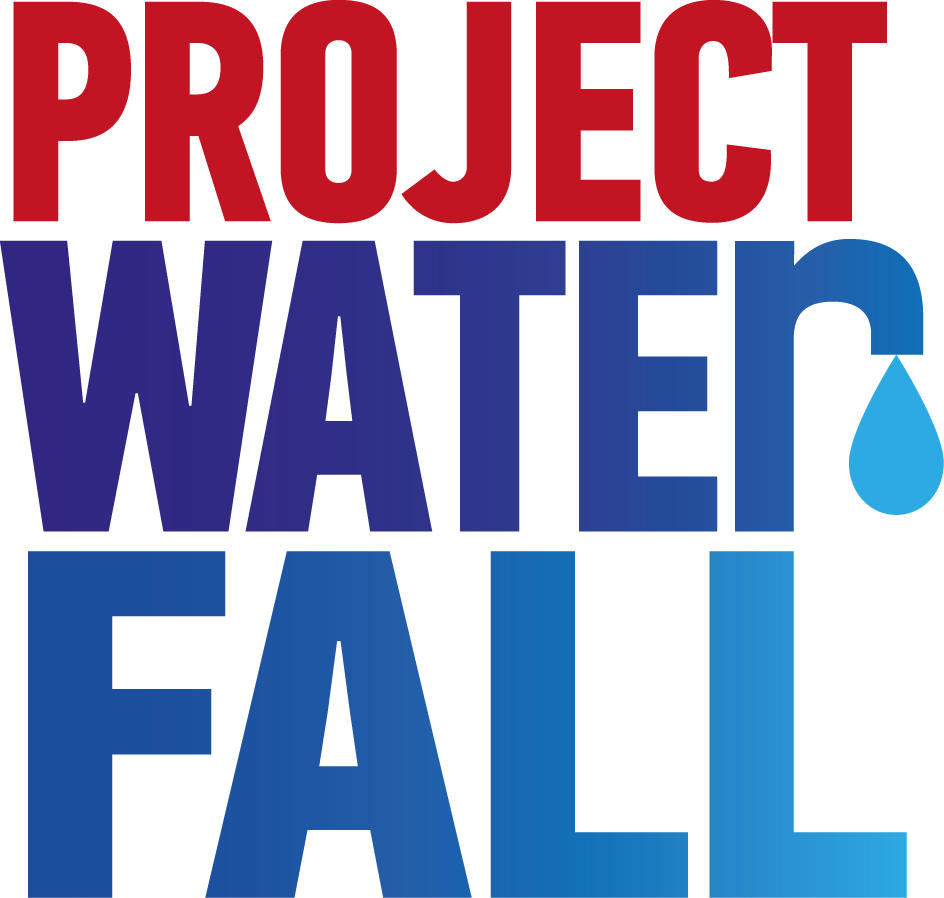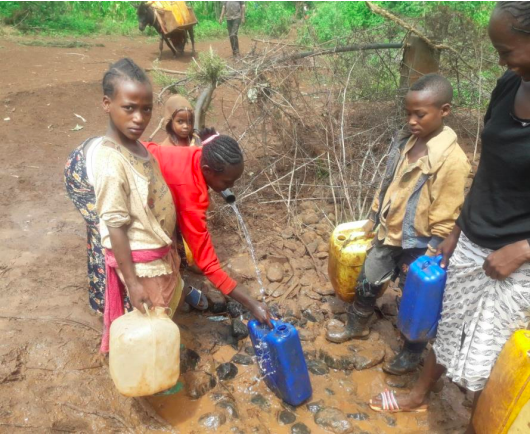Project Overview
Thanks to the money raised during UK Coffee Week 2019, Project Waterfall donated £50,000 to this project run by the Costa Foundation and Imagine1day. 9 schools in the SNNPR region were visited and selected due to their lack of clean water and sanitation. The children there obtain dirty water from rivers, dirty ponds and roof catchments. As a result, children become sick and there is high absenteeism rate due to illness related to poor water. This has a negative impact on academic outcomes particularly for girls who are old enough to menstruate. This project will create significant changes in these nine targeted schools through creating access to clean water, shower and hand washing facilities, along with local capacity building through WASH committee and clubs.
The project will improve school WASH and ultimately increase school attendance and completion rate. The children there can focus on their learning and their futures, without having to worry about getting sick or dying due to water-borne disease. Everything starts with clean water.
Project Stats
Start date: January 2020
Status: In progress
Community: Bule, Yirga Chefe, Kochore: all in the SNNP Region
People reached: 8,996
Delivery Partner: Costa Foundation
about Ethiopia
94,100,000 population
58% lack access to water
77% lack access to sanitation
29.6% live below the poverty line
Our work across these 9 schools changed the lives of 8,996 students.
Clean water
The 8,996 children across these schools do not have access to safe water. As a result, students and teachers face waterborne illnesses such as diarrhoea, typhoid and water washed diseases like trachoma. By improving access to clean water, these children will no longer suffer from these deadly diseases. This not only improves their health and survival rates, but means they can spend more time in school. This will increase their chances of reaching higher education, getting jobs, and then putting back into their economy.
Girls
Girl’s school attendance is extremely low, especially during their menstruation. It is challenging for adolescent girls to attend schools with no proper water, sanitation or hygiene facilities, leading to them missing school at least 4-5 days every month. This hugely impacts their ability to perform well academically. By improving sanitation facilities and installing gender segregated toilets and showers, girls can manage their periods with dignity and privacy and will no longer have to sacrifice their education.
Education
There were no-active school WASH clubs, and as a result there was minimal awareness about school hygiene and sanitation among the school community. By introducing a WASH club at each school, made up of teachers and students, knowledge on the importance of good sanitation and hygiene will be taught for years to come. The club will play an active role in improving school hygiene and sanitation, and promote good practices to the wider community.
HOW WE DID THIS
Our delivery partners Costa Foundation and Imagine1day worked hard with the 9 schools to improve access to clean water, introduce hygiene and sanitation facilities, and introduce WASH clubs. This is how they did it:
The construction of standard quality gender segregated showers
The construction of water points with eight taps each
Providing capacity building in the areas of water, hygiene and sanitation for school WASH committees and clubs
Placement of water points in school compounds so that they’re safe and easy for the children to access
The design of the water points is child friendly is ensured that all of them are accessible throughout the year
Sustainability and education
Our partners have trained school Parent Teacher Associations (PTAs) on how to practice school Income Generation Activities (IGA) that support school maintenance and other running costs. The school PTA received training on strategic planning and budgeting, small business skill and financial management. The PTAs have clear and segregated roles and responsibilities with functions including Chairman, Finance Officer, and Treasurer. Schools also create reserves to maintain or replace school facilities by saving from block and school grants.
The WASH clubs at the schools also ensure that students and teachers are educated on the importance of clean water and hygiene, and more importantly on how to maintain these new structures. Another big part of what is taught at these WASH clubs is menstruation. Girls can take part in activities such as making reusable sanitary pads, while boys are taught more about periods and why they happen. This slowly breaks down the stigma around menstruation, making schools a safer, more place for girls and boys to learn together.
The combination of education through WASH clubs and the sustainability efforts made by the PTAs is vital in maintaining the hard work that has been put in to these schools, as well as assuring it continues for generations to come.
the future
The benefits of clean water never end. By introducing it to schools, students’ education and job prospects increase significantly, due to higher attendance and better health and concentration. The future automatically becomes brighter and students’ can begin to dream about the rest of their lives in a way that wasn’t possible before.
As well as this, the students who gained access to clean water and sanitation will never want to know a life without it, and this will impact the generations to come. They will refuse to return to a life without clean water, and ensure that their children to come will never know this hardship.
We continue to have a partnership with the Costa Foundation and look forward to future collaborations.





